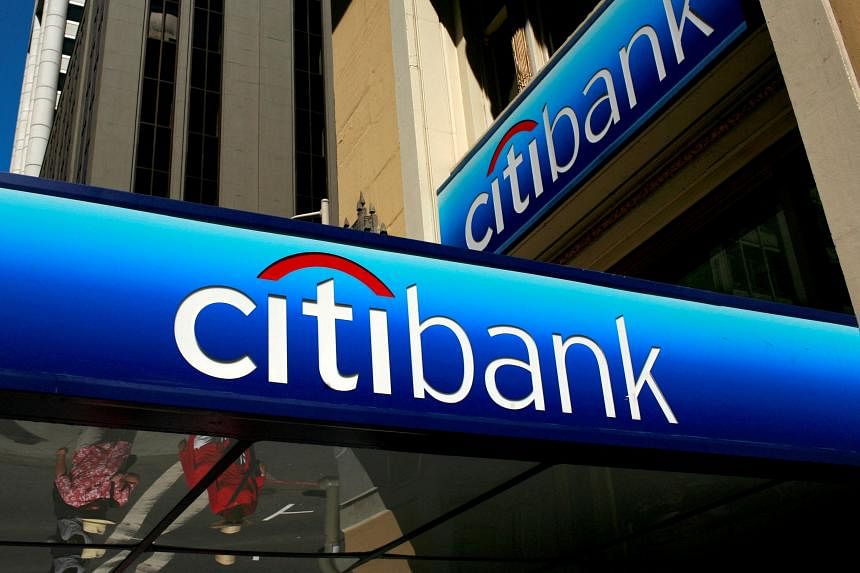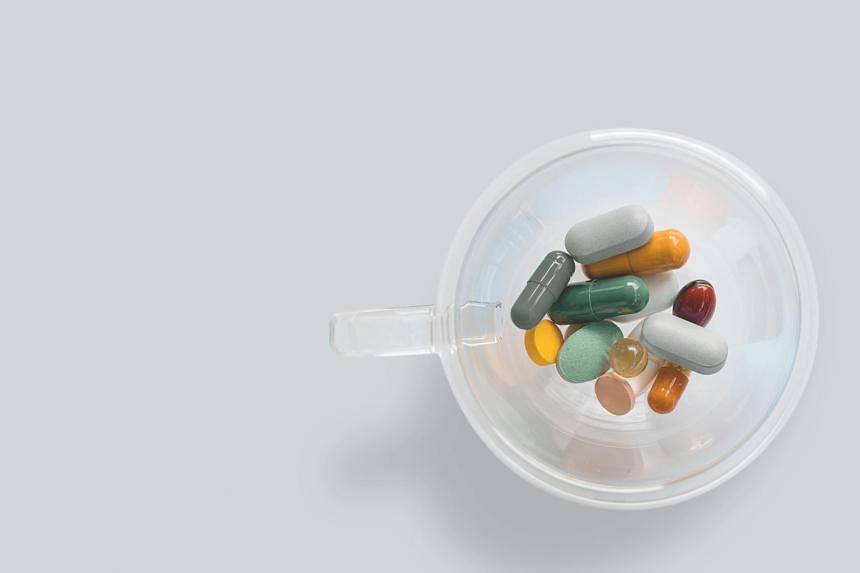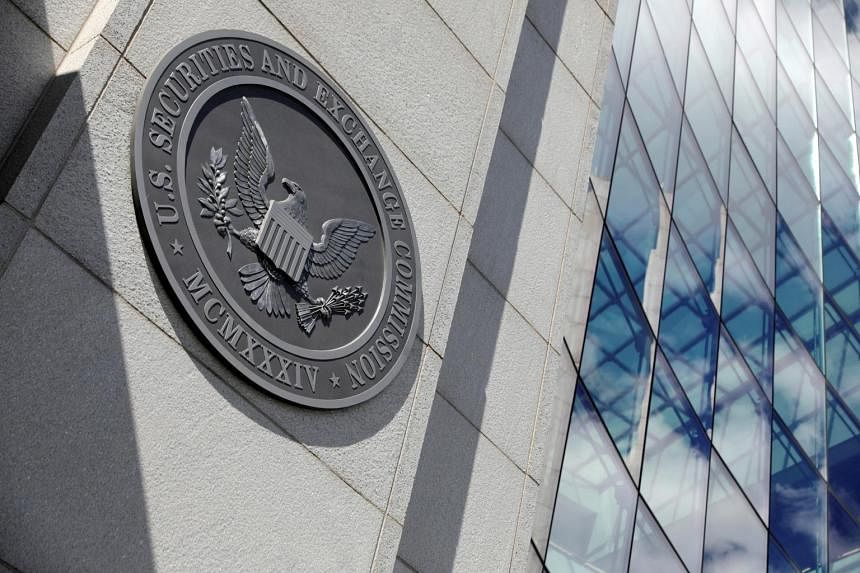Singapore could list up to a dozen Spacs in next 12-18 months, say industry players
The Singapore Exchange is looking to establish itself as the hub for such firms. PHOTO: REUTERS
Feb 7, 2022
SINGAPORE (REUTERS) - After years of struggling to emerge from the shadows of regional rivals, the Singapore Exchange (SGX) is looking to establish itself as the hub for blank-cheque firms, riding on regulatory overhaul, support by state firms, and a tech boom in its back yard.
Encouraged by the flurry of South-east Asian tech start-ups seeking funding and the bourse's revised rules, the Republic could list up to a dozen special purpose acquisition companies (Spacs) within the next 12 to18 months, bankers, venture capitalists and analysts say.
A key test for SGX will come when such companies, also known as blank-cheque or shell firms, have to seal merger targets within two years, a "de-Spacing" process already weighing on United States deals as hundreds of Spacs chase targets.
Analysts say Singapore faces a challenge to get its traditionally risk-averse investors interested in a new asset class, especially after SGX has met with limited success in its previous attempts to shore up its equity market.
In contrast, large international institutions have turned to Hong Kong for blockbuster equity listings over the past decade.
While a craze in Spacs has fizzled out in the US since early last year amid regulatory scrutiny and poor returns, SGX hosted three Spacs last month in their first major debut in Asia. The attraction is that they are simpler and typically more rewarding for start-ups than an initial public offering (IPO).
"Looking at the response for the first Spacs, the pipeline is very strong," said Ms Eng-Kwok Seat Moey, capital markets head at DBS, joint issue manager on two Spac IPOs with Credit Suisse.
Singapore Spacs are likely to chase targets in fintech, tech and consumer sectors, bankers say. Valuations of targets could range between $800 million to up to $2 billion, with deal-making likely as early as this year.
"The size of the opportunity, of younger companies scaling up and going for listings, is several times what it was many years ago and over the next decade it'll be multiples of those," said Mr Ashish Wadhwani, a Singapore-based managing partner at IvyCap Ventures, an Indian firm managing about US$400 million (S$538 million) of assets.
Last year, fund-raising on SGX halved to US$565 million, a six-year low, with just eight listings, Refinitiv data show.
Underlying Singapore's cautious approach, state investor Temasek-linked entities featured among cornerstone investors in two of the three Spacs, all of which were oversubscribed.
Vertex Venture Holdings, a Temasek subsidiary, and one of South-east Asia's largest funds, was the first to launch a $200 million tech Spac in January.
Cautious start
"I expect the exchange and regulators to be quite careful in all these processes. I don't think they will suddenly just open up the floodgates and everybody can come," said Mr Chua Kee Lock, chief executive of Vertex, which manages US$5.1 billion of assets.
Backers of regional tech and industrial buyout fund Novo Tellus' $150 million Spac included a Temasek unit.
European asset manager Tikehau Capital, which has two Europe-listed Spacs, also chose Singapore for a $170 million Spac listing, with co-sponsors including LVMH chairman Bernard Arnault.
The latest moves could lead to more global funds playing an active role in public equity markets in Singapore, which is already a leading Asian finance and wealth hub.
"It's a chicken-and-egg situation. Maybe if you create this Spac market, then more investors will come," Mr Wadhwani said.
Spacs typically offer stock with warrants, which are viewed as a key way to attract early investors.
Still, for wealthy investors such as Mr Prantik Mazumdar, the listing of big regional names in Singapore and successful business mergers of Spacs are crucial before he chooses them over directly investing in pre-IPO US tech companies.
"Unless there are exclusive opportunities in specific sectors and differentiated structures that Spacs offer, I'm probably on the fence," Mr Mazumdar said.
Last year, Singapore also announced two funds with $2 billion in capital for late-stage funding and IPOs as deal-making surges.
Twenty private companies in South-east Asia joined the ranks of those valued at US$1 billion or more last year, while 53 firms joined the list of those with near-term potential of being valued at US$1 billion, data from research firm Tracxn show.
"A Spac listing can definitely help a start-up exit and raise funds faster with less hassle," said Mr Chandra Tjan, co-founder of Indonesia-focused Alpha JWC Ventures.
Singapore's success as a global hub for real estate investment trusts (Reits) could be a template to build a Spac market.
SGX's head of equity capital markets Mohamed Nasser Ismail said: "Singapore has the necessary ingredients to build a healthy Spacs market, and it can develop in the same way as the Reit market if we keep a close watch over the quality of sponsors and maintain overall listing standards."

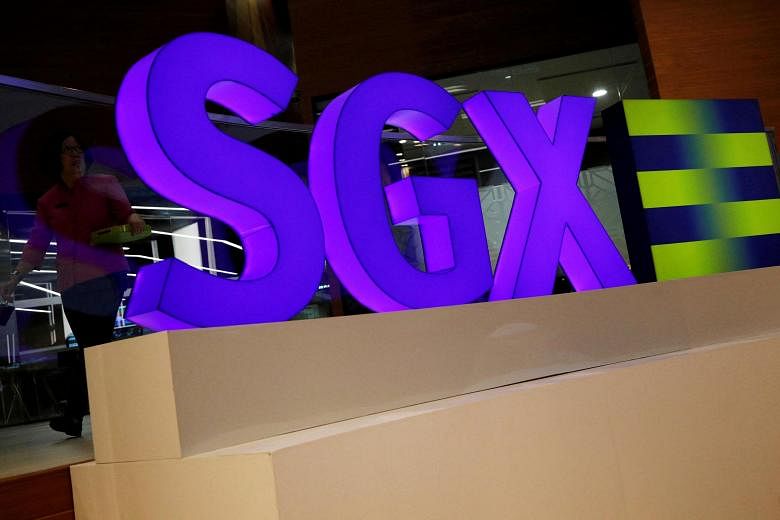
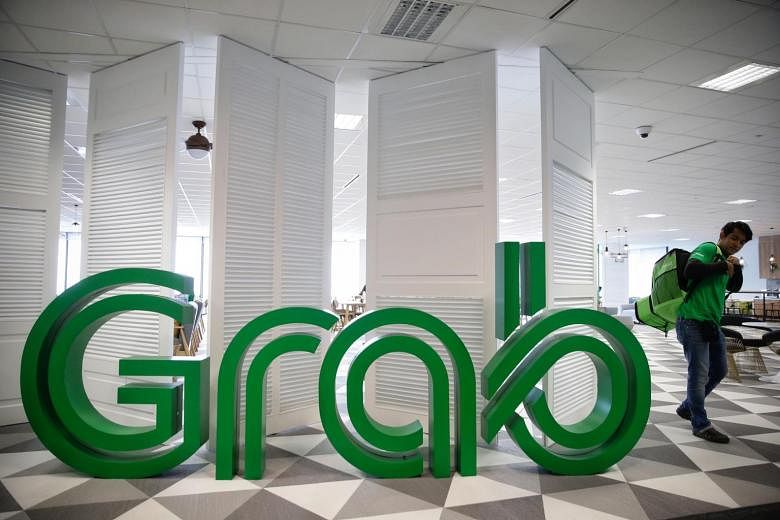
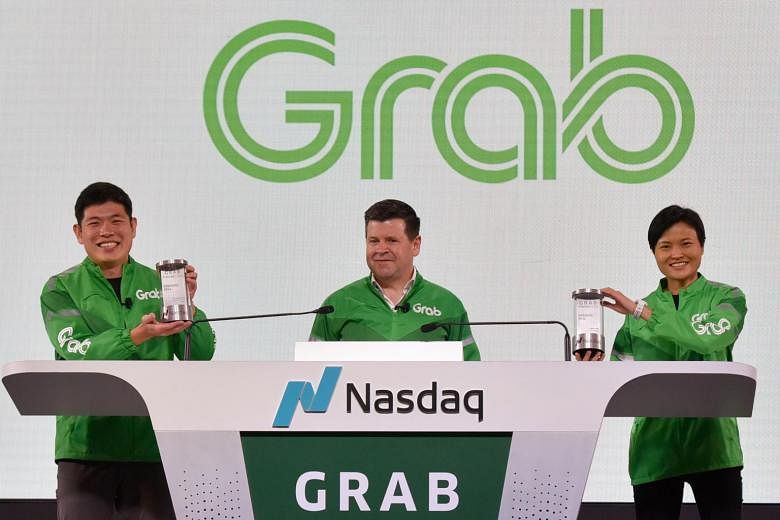

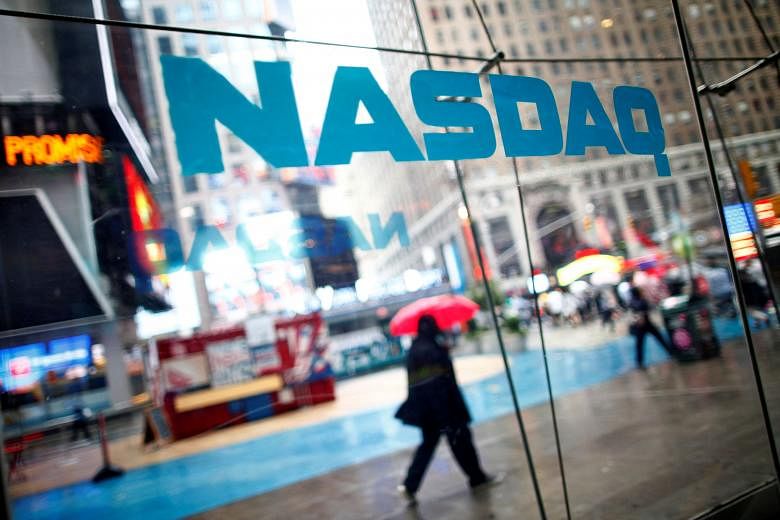
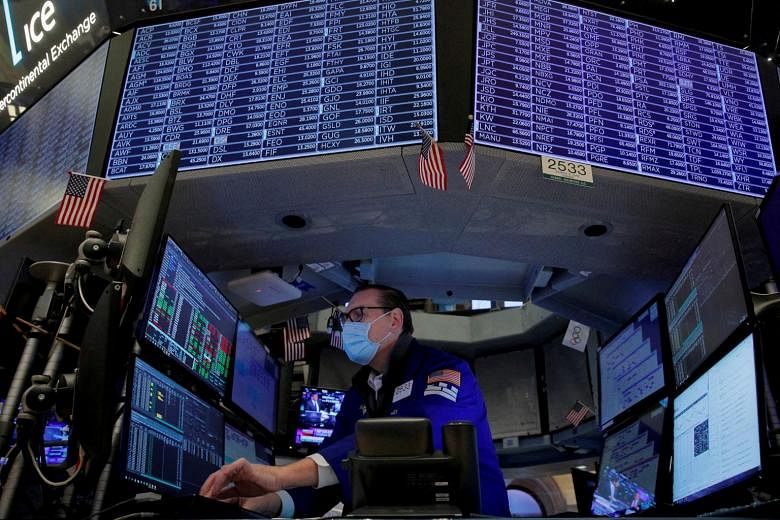
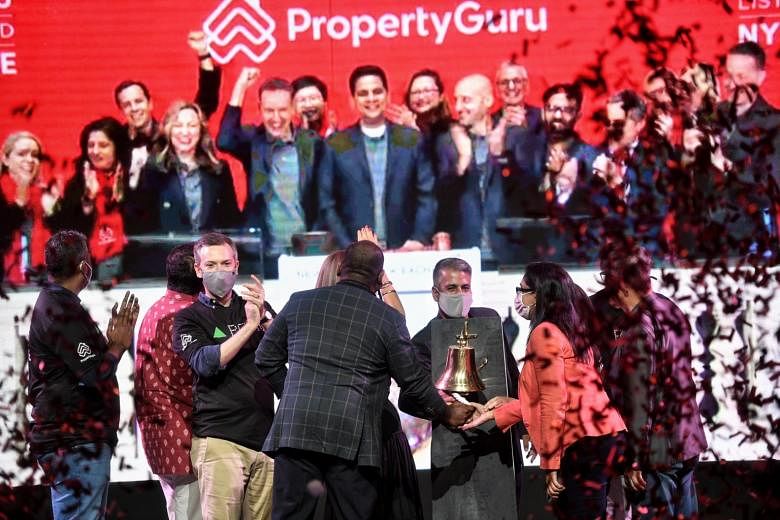
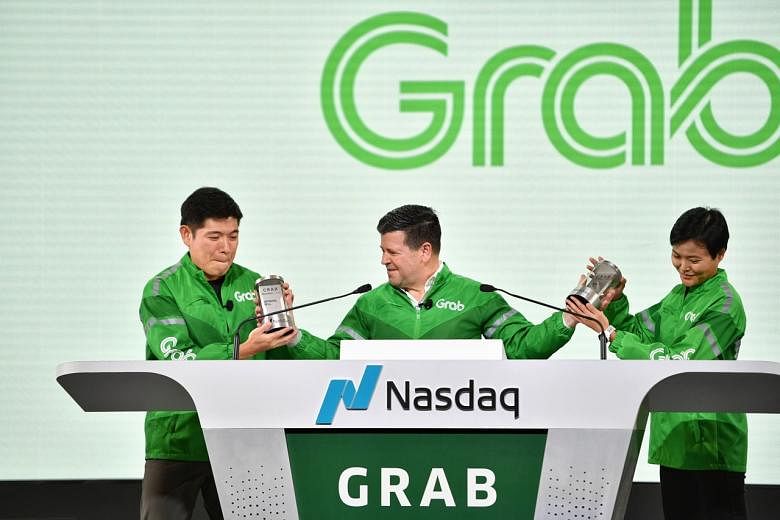
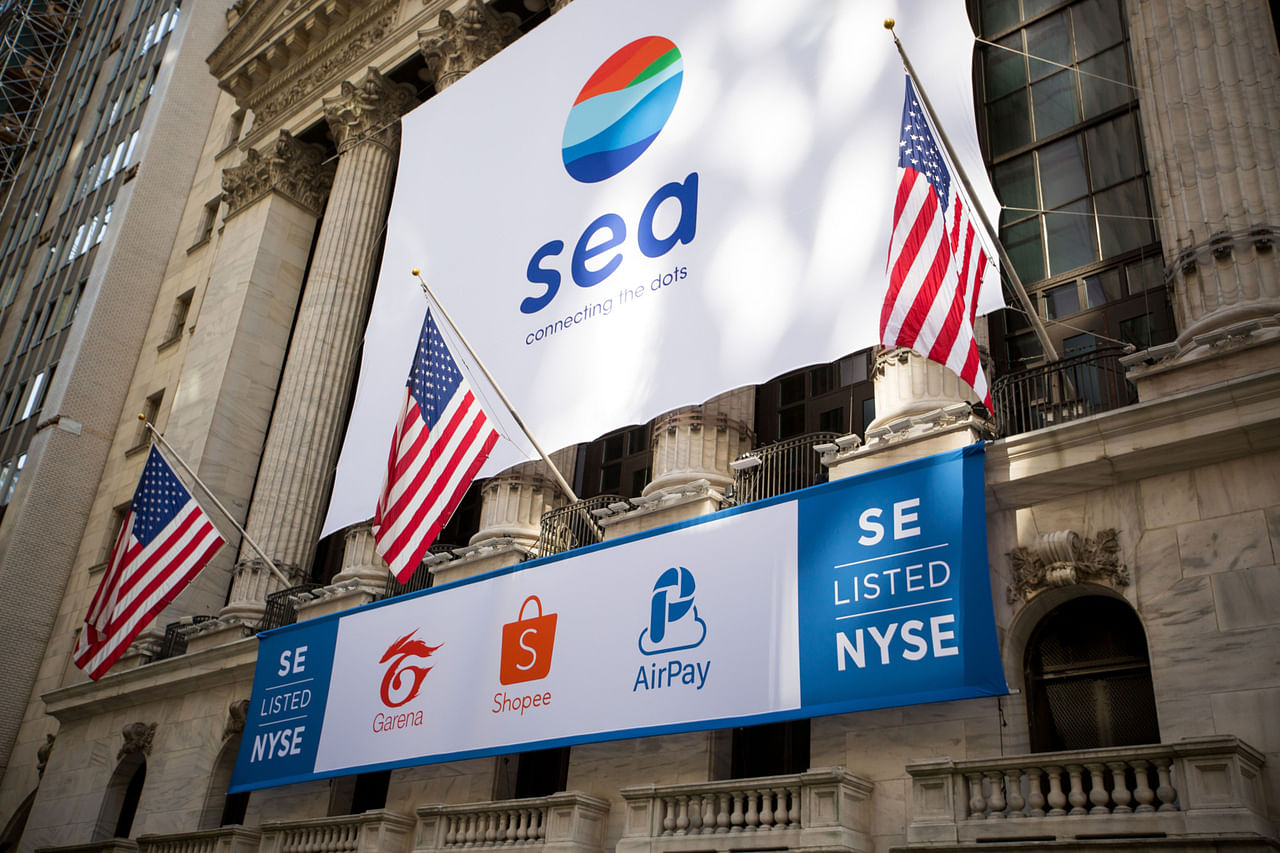
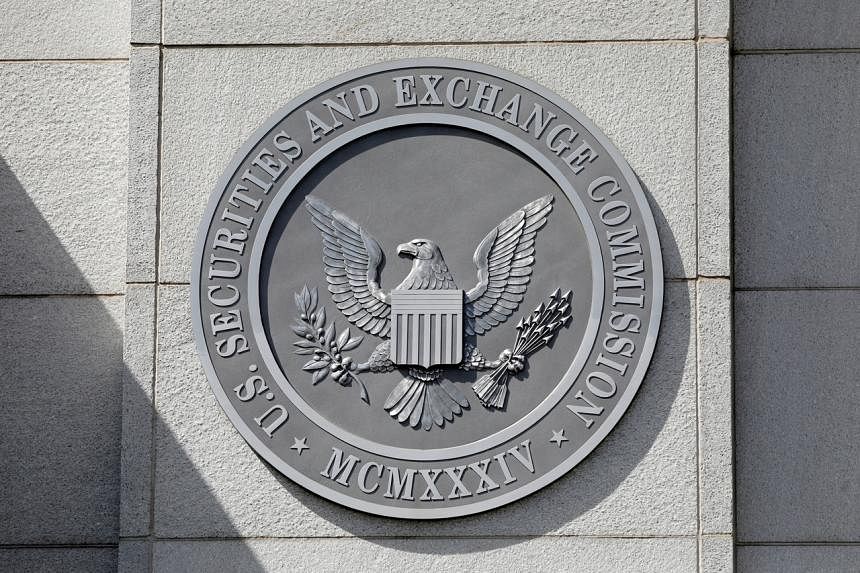
.jpg)

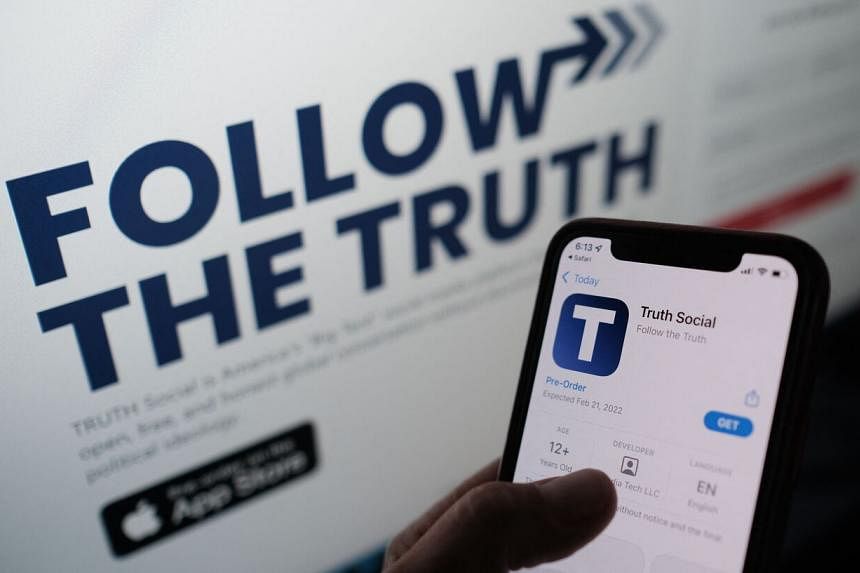
.jpg&w=3840&q=75)

